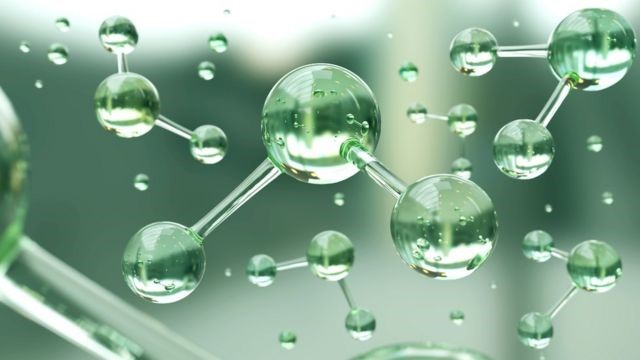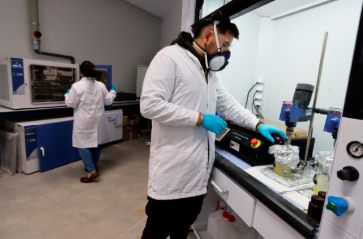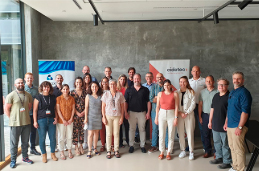Igor Galarza, part of the Energy Storage Systems Unit of CIDETEC Energy Storage, exposes the capabilities of our vibration laboratory, which consists of two shakers that can be used both individually and dually.
Sodium ion batteries, grater safety and power density
Sodium ion batteries are postulated as a promising alternative to the current dominant lithium ion batteries, thanks to their use of widely available, non-critical, safe and sustainable mineral resources. Based on a similar operating principle, sodium ion batteries have an energy density that is competitive with well-established technologies such as LFP, at a significantly lower cost.
A major advantage of this new battery system is that it can be adapted to the same industrial manufacturing processes as commercial lithium ion batteries and therefore take advantage of existing infrastructure. In addition, the high thermal stability of the electrolytes used, coupled with faster intrinsic kinetics of the electrochemical processes that take place, make these devices a good alternative in applications where high safety or power density are required.
With all these characteristics, sodium ion batteries are emerging as a very competitive option for different applications in urban electromobility, stationary storage or applications where an optimal balance between cost and performance is prioritized.
CIDETEC Energy Storage is developing this promising model of batteries, with special attention to optimizing the energy density and durability of these devices, the main obstacles to their commercialization. For this, CIDETEC Energy Storage has cutting-edge equipment for the development of new technologies, both in the manufacture of electrodes and cells in a controlled environment, and in their electrochemical characterization.












